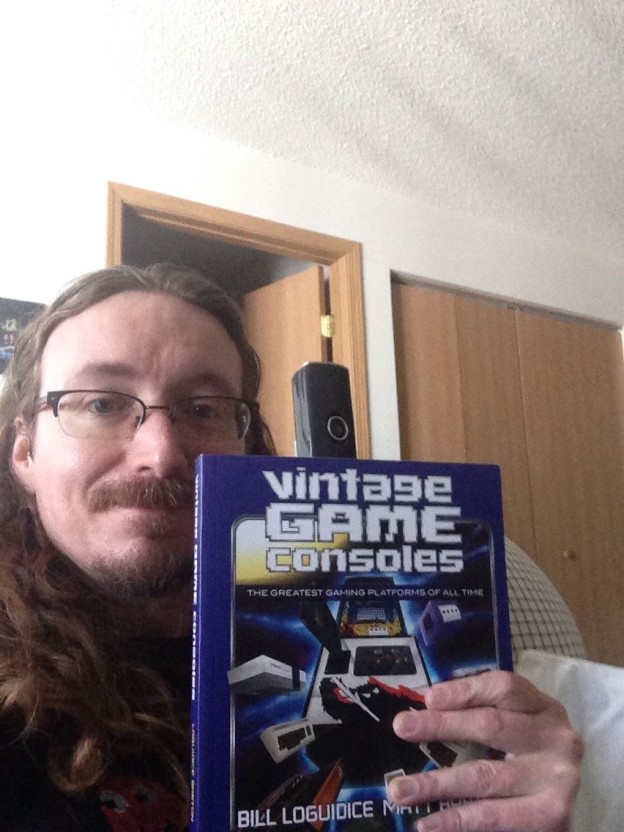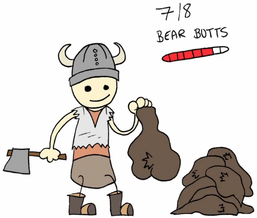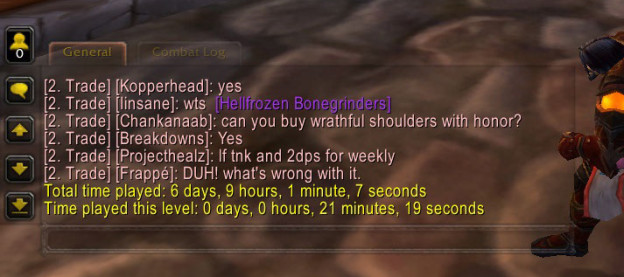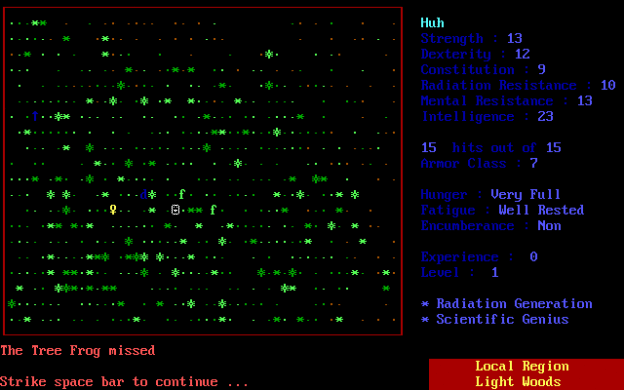Dani Bunten Berry, the famous designer of M.U.L.E. and The 7 Cities of Gold, is often quoted as saying, “No one ever said on their deathbed, ‘Gee, I wish I had spent more time alone with my computer.'” I see this as an early example of what we’ve come to call “gamer regret,” that is, the kick-to-the-belly feeling you get when you realize that you’ve spent 562 hours playing Civilization V. When you figure out all the math, you realize that you may have spent months of your life engrossed in a videogame. “Oh, man,” you say, “I feel so awful to have wasted all that time doing something so stupid! I could have spent that time with my family, or learning a foreign language, exercising…” You get the point. These feelings are reinforced by our “helpful” loved ones, who may be fond of saying things like, “If you spent as much time doing X as you did playing that stupid game, you’d be rich/successful/famous/holy now.” It all boils down to not doing whatever it is you (or other people) think you ought to be doing with your free time.
Continue reading →







